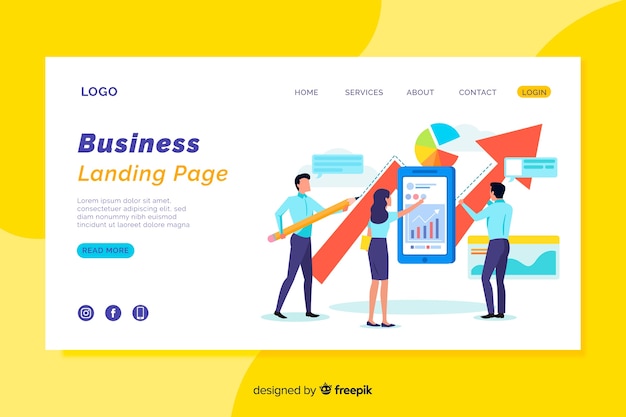
Managing a small business involves juggling several tasks at once, with finance and accounting being some of the critical aspects. Without proper invoicing and receipt of payments for your goods or services, you’re not truly operating a business, certainly not a profitable one. Various choices are available for managing your business finances, but after several years in business, I’ve found Quickbooks to be the most complete and top-rated solution for small business accounting.
SETTING UP QUICKBOOKS
The choice between Quickbooks desktop or online versions depends entirely on your preference. Both versions have slight differences in their setup and operation. Personally, I’ve been more inclined towards the desktop version, due to its robust features, also preferred by my CPA. However, if you’re just starting or need less complex reporting, the online version may fit your needs.
Regardless of your choice, you will go through the same initial setup process. For the desktop version, you’ll need to install the program, a one-time process. On the other hand, the online version necessitates creating an account and updating billing information. Every plan comes with a monthly subscription.
To get you ready, you will need to input details, such as:
– Company name
– Tax ID
– Accrual or Cash Basis (most small businesses use cash basis)
– Fiscal year start date
– Bank and credit card information
– Employee, customer, and vendor details
– Invoice layout
– Billing and expense item codes (ensure they have the correct tax mapping codes)
With this information in your new QuickBooks system, you’re all set!
EXPENSES & INCOME
Even though the initial setting might be time-consuming, it paves the way for a simplified accounting process. My favorite part about using QuickBooks for small businesses is its efficiency, particularly if you’ve linked your bank accounts and opted to send invoices directly through the platform.
EXPENSES
Entering new bills from vendors is a breeze once you have them set up in your system. You can easily add a new vendor and further edit their details later. After entering bills, deciding when and how to pay them is just a click away, instantly updating your financial ledger.
QuickBooks makes it simple to create a purchase order (PO) directly and later convert it into a vendor’s bill, eliminating redundant data entry.
INCOME
Just like bills, creating customer estimates and invoices is straightforward. Depending on your business practices, you can start with an estimate for customer approval and then proceed to invoice or directly generate the invoice. After creating an invoice, you can either send it directly from QuickBooks, save it as a PDF, or print and mail it. Once a payment is received, just update it in QuickBooks, and it will directly reflect in your banking ledger.
These streamlined processes make accounting tasks much simpler!
RUNNING REPORTS
Having the ability to generate reports is incredibly beneficial, especially during tax filing. With QuickBooks, generating various reports is quicker and far less tedious than manual calculations. Furthermore, you get comprehensive reports for reference during audits.
QuickBooks reports also assist with vital business financial indicators. These include:
– Monitoring your overall profit and loss
– Tracking expenditure with different vendors
– Comparing client performance year to year
– Analyzing costs and earnings per job
– Unbilled job costs
– Yearly employee earnings
– Mileage
– Inventory
– Budgets
The variety of report types QuickBooks can generate, is amongst my favorite features!
In conclusion, QuickBooks is an excellent choice for small business accounting, offering an easy-to-use platform for efficient income and expense management and hassle-free reconciliation. The ability to generate comprehensive reports with minimal effort makes tax filing and performance tracking a breeze. While the initial setup may seem time-intensive, the simplicity of the process makes it worth the effort.
If you haven’t considered QuickBooks for small business accounting, it’s time you did. It’s designed to minimize time spent on accounting, helping you focus on more exciting aspects of your small business.
Have you tried QuickBooks yet? What are your personal experiences and thoughts about this accounting solution?


